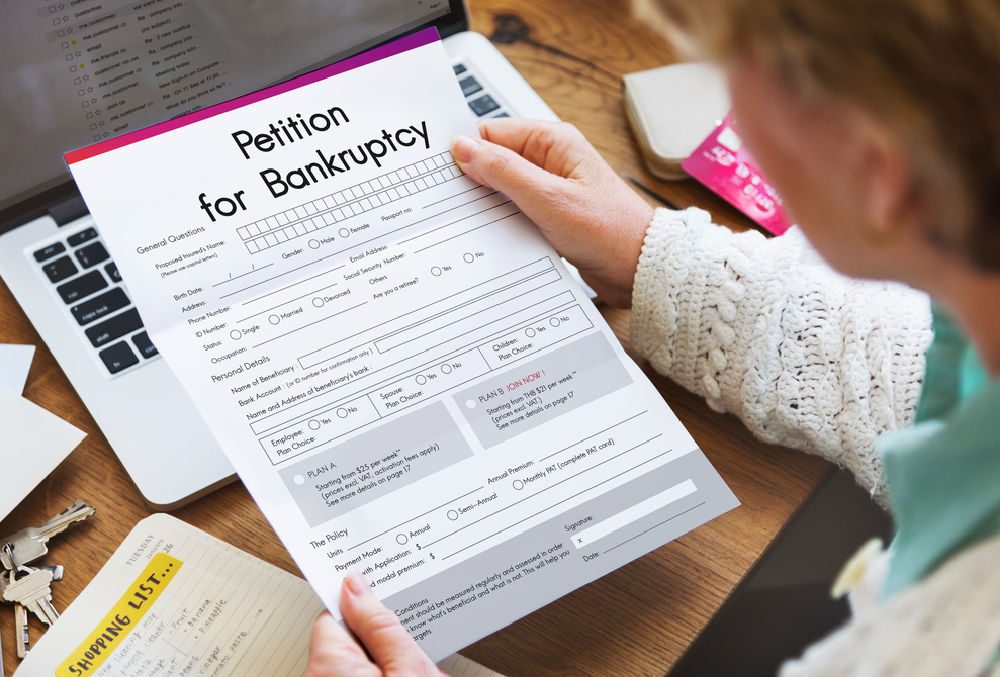Many people hold misconceptions about filing for bankruptcy. Perhaps the most common misconception is the notion that filing for bankruptcy means that you lose all of your wealth and possessions. This, of course, is entirely incorrect.
When filing for Chapter 7 or Chapter 13 bankruptcy, you’ll qualify for exemptions that allow you to keep some of your money and certain types of personal property. In this article, we discuss what exemptions you can expect and what you might lose when filing for bankruptcy.
What Will I Lose When Filing for Bankruptcy?
The majority of those who file Chapter 7 bankruptcy do not lose any of their assets, but it’s possible to lose nonexempt assets and properties when filing. A nonexempt asset is something that can be sold by a trustee to pay creditors.
Some assets that are nonexempt include:
- Property that is NOT your primary residence, such as a vacation home or rental property
- Family heirlooms
- Investments that aren’t in a retirement account
- Musical instruments
- Artwork
- Designer handbags
- Designer shoes
- Jewelry
- Expensive clothing
- New car or a car with a high resale value
Although the idea of losing these different assets may seem daunting, only about 5% of those filing for Chapter 7 bankruptcy lose any of their assets. The bankruptcy trustee assigned to your case cannot sell your possessions that do not have value, and they’re not allowed to sell items that you need in order to live or make a living, such as your primary residence or the car you take to work.
What Is the Indiana Homestead Exemption?
The Indiana Homestead Exemption allows borrowers to protect up to $19,300 of equity in their residential property or tangible personal property that serves as a residence, such as a mobile home. Different types of properties can be considered a personal or family residence — such as a farm, condominium, or trailer — so as long as it’s your primary place of residence, you’ll likely have an exemption for your equity up to $19,300.
Another important note is that you can also file bankruptcy jointly with a spouse to double your home’s exemption amount. Additionally, if only one spouse files for bankruptcy and has an interest in the property as a tenant by the entirety, the property may be exempt.
Indiana Wildcard Exemption
In addition to the Indiana Homestead Exemption, Indianans can also protect up to $10,250 worth of tangible personal property and $400 in intangible personal property with the Indiana wildcard exemption.
Unfortunately, Indiana does not offer a motor vehicle exemption when filing for bankruptcy, but you can protect your vehicle under the wildcard exemption.
Other Indiana Bankruptcy Exemptions
Indiana also offers other important personal property and asset exemptions when filing. State law protects some forms of pensions and retirement benefits including:
- IRA accounts
- Pension accounts
- Retirement accounts
- Police pension funds
- Firefighter pension funds
- Public employees’ retirement plans
- Legislators’ benefit plans
- Indiana State Teachers’ Retirement fund benefits
In addition to these different types of accounts and plans, Indiana also protects the following types of insurance benefits:
- Life insurance policies naming an insured person’s spouse, children, dependent relatives, or creditors as long as there’s not a claim against the insured person’s benefits
- Fraternal society benefits, such as Thrivent and the American Fraternal Alliance
Other types of exempt personal property and assets include:
- Health aids
- Medical care savings accounts
- Health savings accounts
- Education savings accounts
- Spendthrift trusts
- Certain tuition programs
- Earned income credit for an exempt property
- Interest in a refund for an exempt property
- Military equipment, arms, or uniforms
- Unemployment compensation benefits
- Certain partnership properties
- Workers’ compensation except for child support claims
- Lesser than 75% of earned unpaid wages or thirty times the Federal minimum wage
Contact an Indiana Chapter 7 or Chapter 13 Bankruptcy Lawyer
Filing for bankruptcy can be an incredibly stressful process, especially if you’re facing abusive creditors who harass or attempt to intimidate you. To ensure that you retain the most possessions and personal finances possible, you need a seasoned bankruptcy attorney at your side. They can also help you through the bankruptcy process by stopping creditors from illegally contacting you.
For exceptional legal assistance in bankruptcy, contact the attorneys at Sawin & Shea, LLC. Our office provides both Indiana Chapter 7 bankruptcy attorneys as well as attorneys who specialize in handling Chapter 13 bankruptcy.
Call our office today at 317-759-1483, or you can schedule a free consultation with one of our skilled lawyers here.



